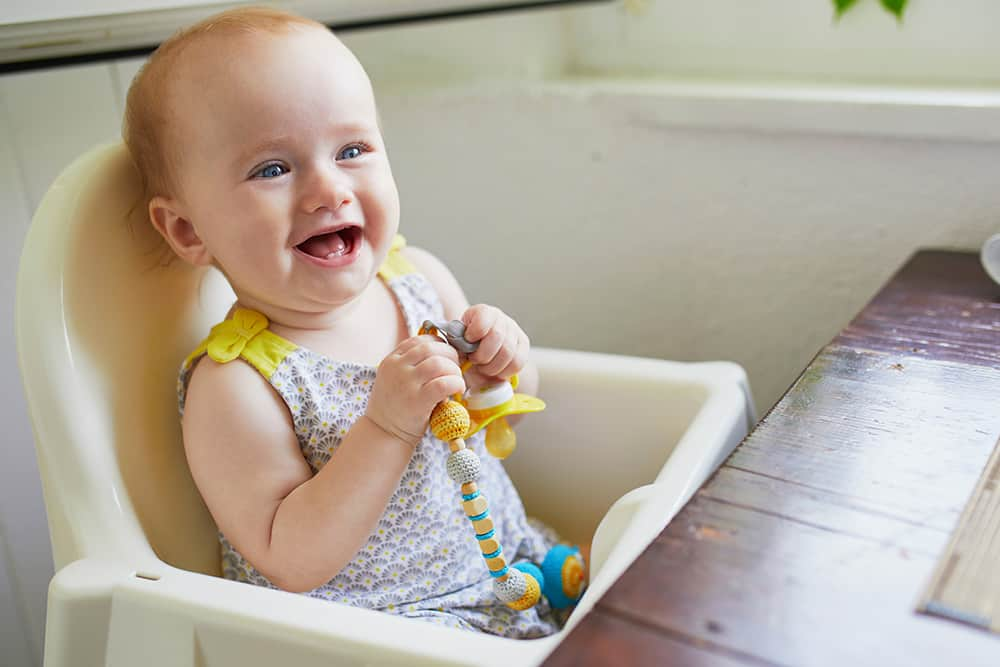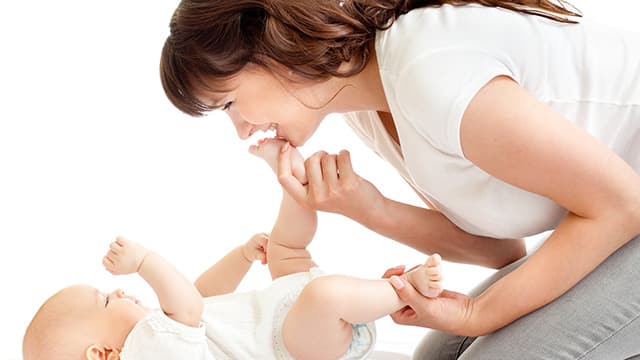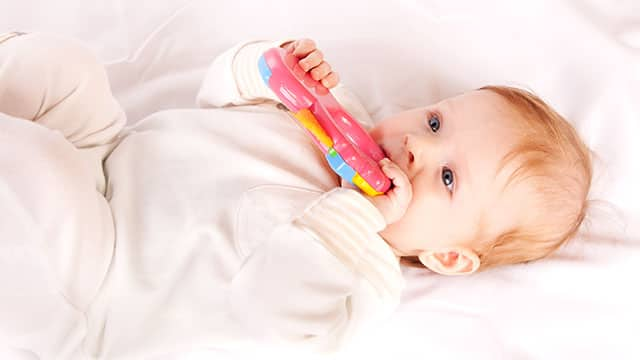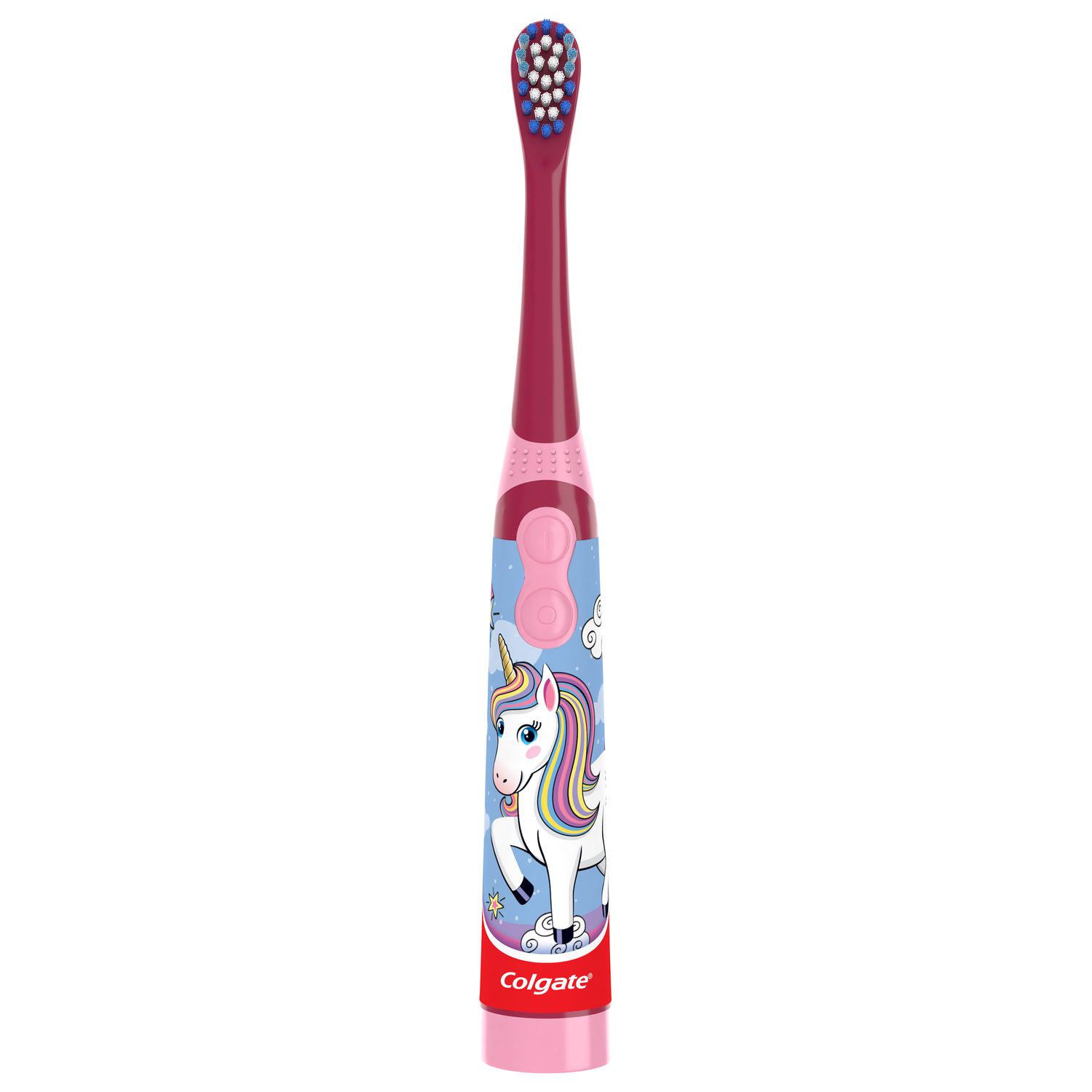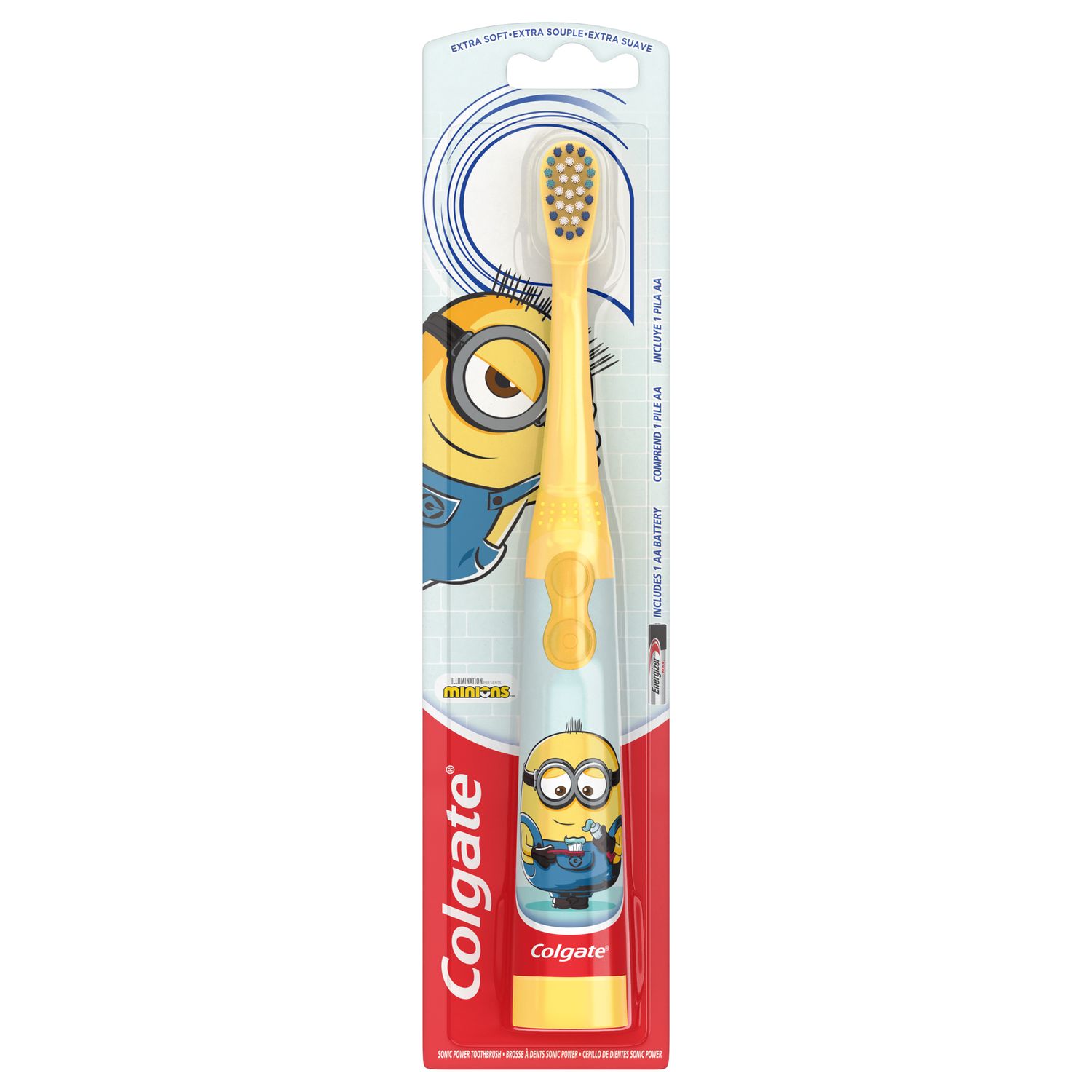What Do Pacifiers Do?
Pacifiers can be very beneficial for parents and kids, especially in those early months. The benefits of a pacifier are:
- They soothe a crying infant, which also helps soothe a parent’s nerves
- They can help reduce pain for a nursing infant
- They reduce the risk of sudden infant death syndrome (SIDS)
Pacifiers are especially helpful for premature infants in the intensive care unit since they can shorten hospital stays and aid tube-fed babies in learning how to use a bottle.
Are Pacifiers Bad for Teeth?
Unfortunately, pacifiers can cause problems for your child, especially with their oral health. The American Dental Association notes that both pacifiers and thumb-sucking can affect the proper growth of the mouth and alignment of teeth. They can also cause changes in the roof of the mouth. URMC points out that the use of pacifiers especially causes problems in kids who’re older than age two.
Pacifiers can also increase the possibility of ear infections and cause breastfeeding difficulties. That’s why it’s advisable to introduce a pacifier only after you’re comfortable getting your baby latched on to your breast.
How to Use Pacifiers Responsibly and Avoid Damage to the Teeth
It’s important to note that the intensity of sucking can heavily influence whether dental problems may occur. If babies passively place the pacifier or thumb in their mouth, they are less likely to develop problems with their baby teeth than infants who vigorously suck their thumbs or pacifiers. As a parent, it’s crucial to take note of how your child is using the pacifier.
It’s also essential to avoid pacifiers that aren’t one-piece or have removal parts or liquid interiors. Clean your baby’s pacifier regularly and never dip it in sweet liquids.
Breaking the Habit
Most kids stop sucking between the ages of two and four, or by the time that their permanent teeth are ready to erupt. That said, if you notice changes in your child's primary teeth or are just concerned about your child's pacifier or thumbsucking habit, it’s time to check with your pediatric dentist. A dentist might recommend a mouth appliance to help break the habit.
Encouragement and praise are tools that you can and should use at home to help your little one break the habit. Kids often suck their thumbs if they’re seeking comfort or if they’re feeling insecure. That’s why, instead of scolding or reprimanding your child, focusing on addressing the cause of the anxiety can help.
For babies who need a little extra comfort and soothing, pacifiers can be an invaluable tool. But like all good things, they’re best used in moderation. With a bit of care and oversight, you can ensure that your baby enjoys the pacifier without experiencing any pacifier teeth!
Oral Care Center articles are reviewed by an oral health medical professional. This information is for educational purposes only. This content is not intended to be a substitute for professional medical advice, diagnosis or treatment. Always seek the advice of your dentist, physician or other qualified healthcare provider.
ORAL HEALTH QUIZ
What's behind your smile?
Take our Oral Health assessment to get the most from your oral care routine
ORAL HEALTH QUIZ
What's behind your smile?
Take our Oral Health assessment to get the most from your oral care routine





